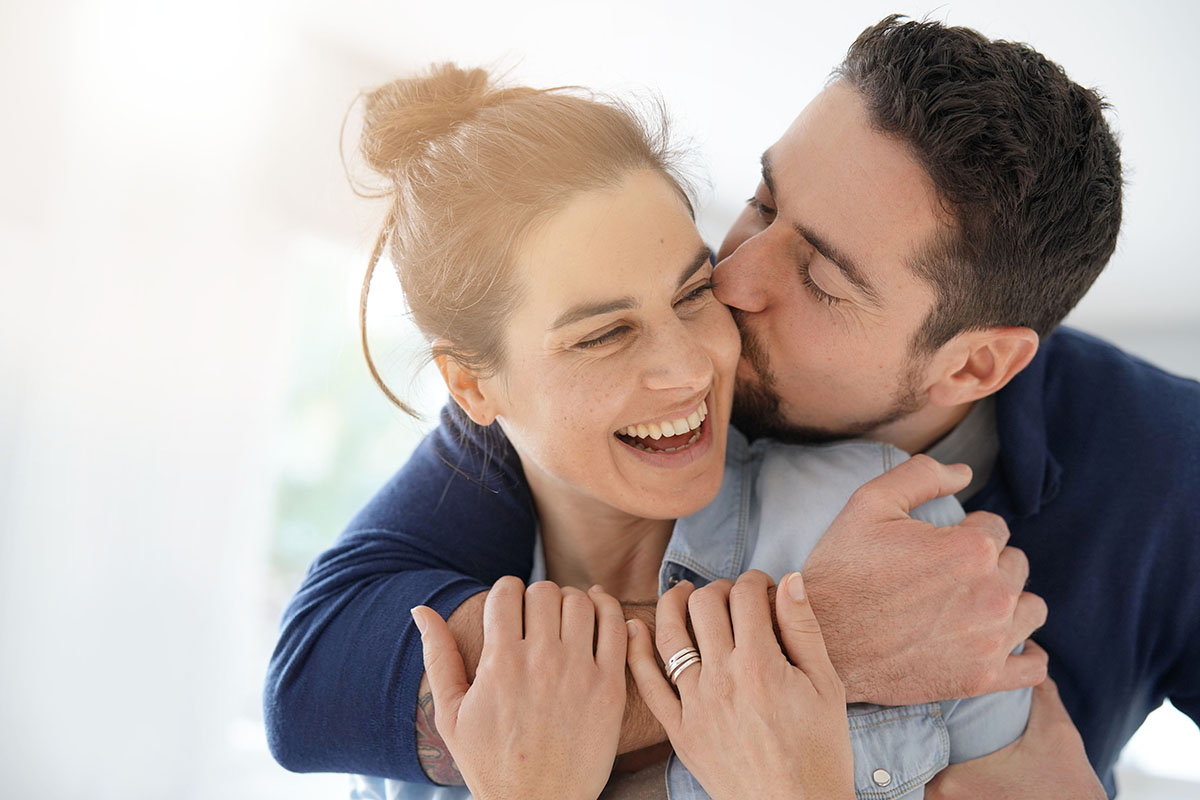You’re new to the recovery community. You’ve started attending group therapy at our outpatient treatment center, learning how to be successful in your recovery. Your treatment specialist has cautioned you that people, places, and things from your past may put your newfound sobriety in jeopardy. Furthermore, many addiction treatment experts warn against forming romantic relationships early in recovery, as doing so may cause you to falter. However, following that advice may be more difficult for some individuals. If you need help navigating dating in recovery, our treatment center can help. Contact Women’s Recovery today at 833.754.0554 to learn more.
Dating in Recovery
One of the most important things to remember when considering forming relationships in recovery is that you don’t need another person to add value to you. No matter what you’ve done in the past or how you’re feeling about yourself, you’re growing into the person you want to be. You are doing the hard work to make yourself into a healthier version of yourself. You do not need another person to validate your actions.
Furthermore, many experts advise against dating in recovery because this is supposed to time of identifying your strengths and weaknesses. It’s also supposed to be a time to relearn how to function in day to day life without relying on substances.
However, if you do begin forming relationships in recovery after attending a substance abuse treatment program, there are several things you can do to keep you on the straight and narrow.
Watch Out For Danger Signs
Whether you’re sober or using substances, habits indicating destructive relationships can develop. If you have had successful and nurturing relationships in the past, or haven’t struggled with appropriate boundaries, this may not be a problem. That said, if you have a history of codependent relationships, you may not be able to see yourself apart from the other person. This problem can become more apparent in relationships that passion drives, particularly romantic relationships.
Beware of Communication Red Flags
In general, people tend to be at their best when they’re beginning a new relationship. However, you can keep a few significant warning signs in mind. Be wary of people who cannot communicate honestly. These people say one thing and mean another, so subtext is a highlight of their communication strategies.
You should also be cautious around people who are unwilling to learn about your recovery. If they continue to say, “Oh, what harm will one drink do,” or “One more hit won’t kill you,” that may signal that it’s time to say goodbye. You have worked hard to achieve your recovery. Don’t let these naysayers pull you back into addiction.
Be Open About Your Recovery Journey
A partner who is continually undermining you and trying to get you to return to substance abuse is a danger to your recovery. However, when you find a partner who will support your recovery, you may be more likely to succeed. Involving that person in your support group and group therapy sessions can help them understand what you’re going through. Conversely, if your partner refuses to go with you, he or she may not understand what challenges you face daily.
Additionally, when you’re open about your recovery, your partner will be able to support you when you meet one of many emotional and physical challenges. This factor can be beneficial for individuals who are battling mental health conditions and need help from a mental health treatment program. At Women’s Recovery, we offer:
- Depression treatment program
- Anxiety treatment program
- Bipolar treatment program
- Eating disorder treatment program
- PTSD treatment program
Get Support at Women’s Recovery
At Women’s Recovery, we want to help you get through the challenges of developing relationships in recovery. To learn more about how we can assist you through your recovery journey, contact our Colorado treatment center at 833.754.0554.







